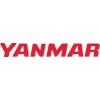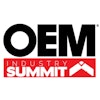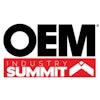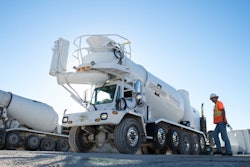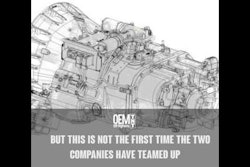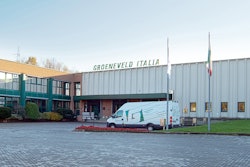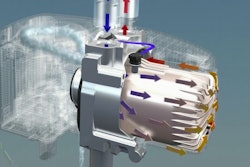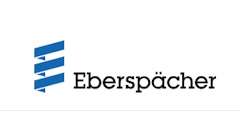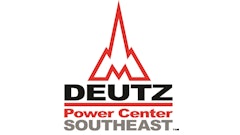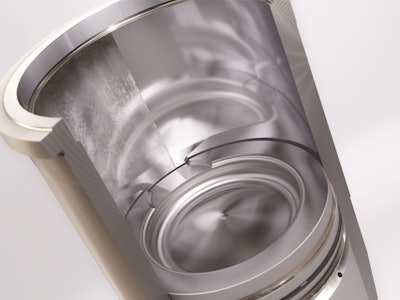
Federal-Mogul Powertrain has developed a new process for ranking the corrosion resistance of cylinder liner materials that will enable it to supply even more durable components for the most challenging applications. By enabling direct comparison of different materials and coating processes, the new test methodology allows material development to be specifically targeted at circumstances involving poor-quality fuel and high levels of EGR.
“Higher rates of EGR and the use of high-sulphur diesel fuels present significant challenges for the wear of ferrous cylinder bore surfaces,” comments Gian Maria Olivetti, Chief Technology Officer, Federal-Mogul Powertrain. “Advanced thermally sprayed liners solutions, like our Sprayfit thin-walled liner, could combine effective heat dissipation with the benefit of a wide range of wear-resistant surfaces. However, it remains necessary to evaluate the performance of alternative material choices in a reliable way and we now have a proven process to achieve this.”
Prior to the work by Federal-Mogul Powertrain, there was no recognized procedure for comparing the likely corrosion resistance during engine operation of different materials. The complex relationship between mechanical wear and corrosion means that each must be evaluated independently in order to identify the most resistant materials.
Mechanical wear removes corrosion products to expose an unprotected surface, promoting further corrosion. The corroded surface has inferior wear resistance, which further accelerates wear in a continuous cycle.
Federal-Mogul Powertrain has accurately reproduced the corrosive solutions of combustion products formed inside an engine, including sulphuric, nitric and acetic acids, and used them to carry out a range of tests. These include immersion tests, using a boiling solution of the appropriate composition, and electrochemical investigation at temperatures close to the solution’s flash point, supported by metallographic inspection. The test solution can be controlled to reproduce the properties of a typical sulphur condensate or EGR condensate.
Test results showed the most aggressive corrosion rates occurred through exposure to a sulphur condensate, and its effect on various materials was compared using a conventionally manufactured grade of cast iron as a reference. Corrosion resistance was found to be improved with higher chromium content, but deteriorated as the oxide content (iron oxides, chromium oxides) of the material increased.
“Our test process allows us to identify both bulk materials and surface coatings with the necessary resistance to corrosion and wear for even the most severe liner applications,” says Dr.-Ing. Volker Scherer, Director, Liners, Federal-Mogul Powertrain. “By working closely with our customers, we can from the outset engineer the material properties to withstand the specific challenges of their individual application.”
Federal-Mogul Powertrain will use the results of this development program to guide future material selections for diesel engine manufacturers through the supply of both finished and semi-finished components.

